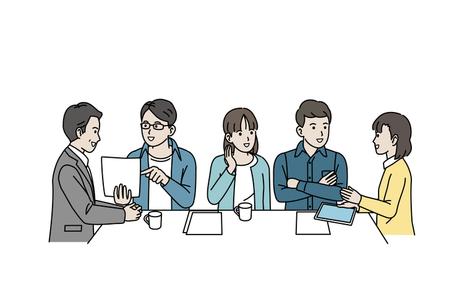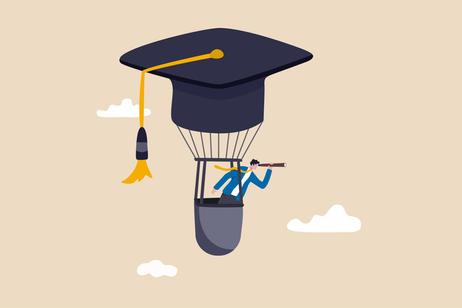Volunteering at Your Children's Private School
Private schools thrive on the active involvement of parents in various aspects of their children's educational experience.
- These institutions greatly value the contributions of parents in creating a vibrant and supportive community.
- Volunteering at your child's private school fosters a stronger connection with the institution.
- It also sets an excellent example for your child.
As a parent who volunteered and supported my child's PTA, I'll share various ways you can get involved and make a meaningful impact on your children's educational journey.
.jpg)
Parent-Teacher Associations (PTA)
Most private schools have a Parent-Teacher Association (PTA) that plays a crucial role in building a strong school community.
- Joining the PTA provides parents with opportunities to participate in school-wide initiatives, fundraisers, and events.
- These organizations often serve as a bridge between parents, teachers, and school administrators.
- A well-organized, well-run PTA can also become one of your school's most effective marketing tools.
- Satisfied parents talk and spread the word about the school, which means so much to them.
This video explains why it is important to be involved in your school's parent-teacher organization.
Classroom Assistance
Offering to assist in your child's classroom is an excellent way to get directly involved in their education.
- Teachers often appreciate having volunteers to help with various



























